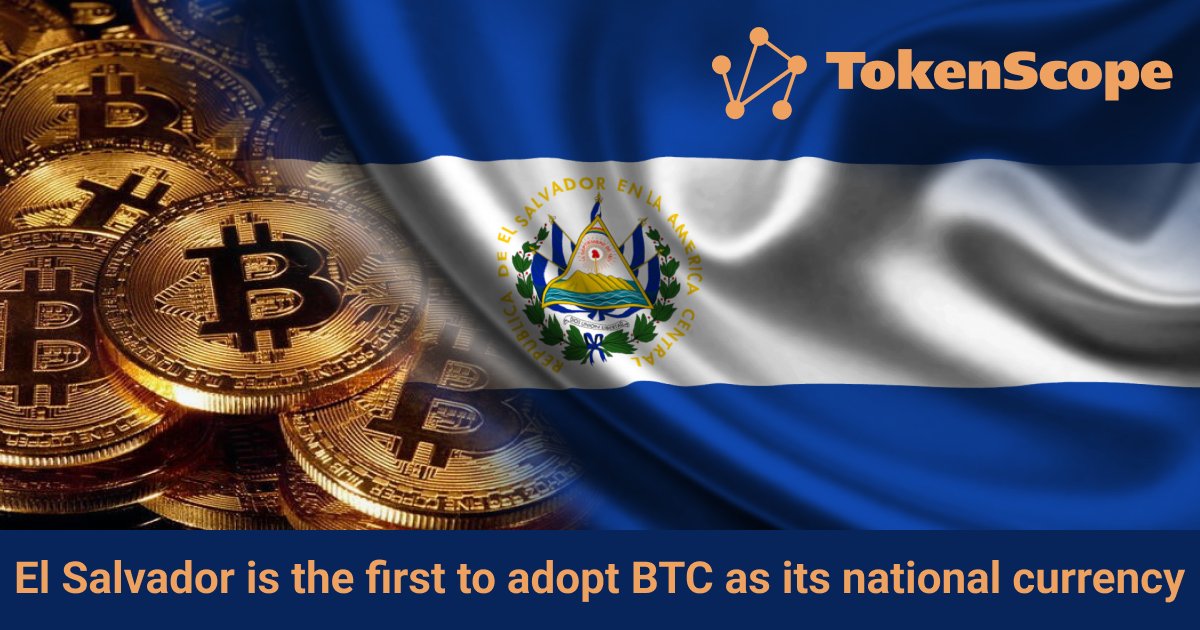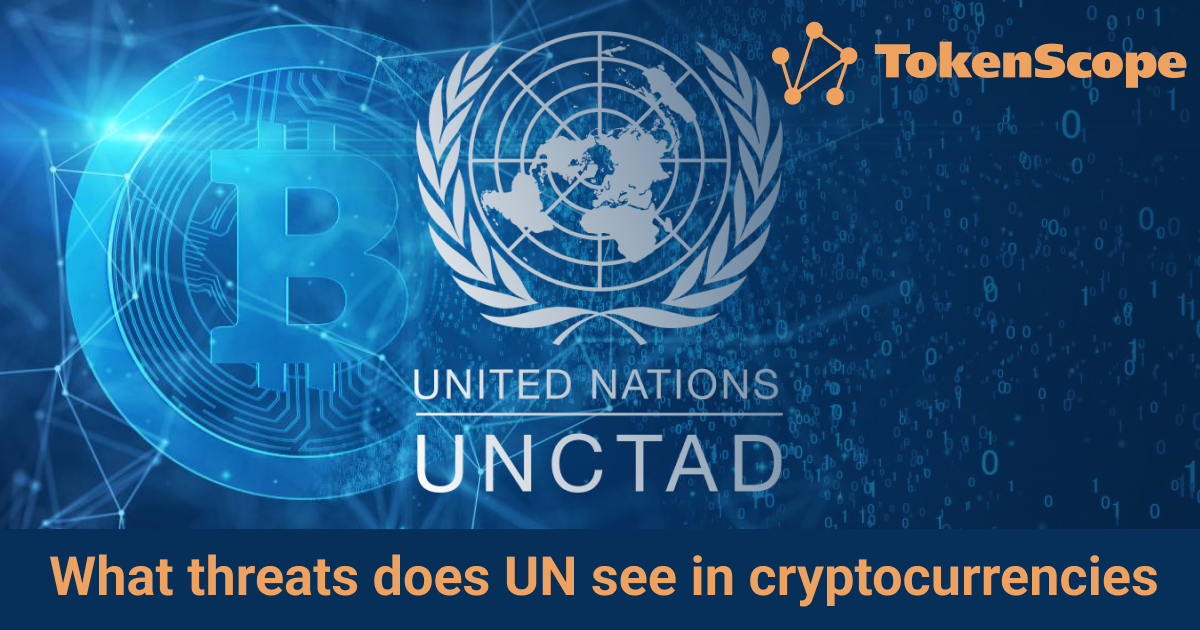El Salvador is the first to adopt BTC as its national currency

On July 25, the world flew around the news about a launch in Central African Republic of its state-owned cryptocurrency Sango coin. The country had already become famous for being the second one after El Salvador to recognize bitcoin as a national currency on a par with the CFA franc. El Salvador decided to take a similar step half a year earlier, adopting bitcoin as a legal tender in September 2021. The question is what reason is to conduct the same economic experiment in such a different countries located in diverse sides of the world?
According to the World Bank data in 2021, El Salvador ranked 104th in the world in terms of GDP. The country's economy is extremely dependent on remittances from citizens working abroad, primarily in the United States which provide more than 20% of the country's GDP. In recent years, the volume of funds transfers from abroad has reached $6 billion, which has highlighted the problem of high fees charged by American banks and payment systems. The commission of the bitcoin network is much lower, which makes it profitable to use cryptocurrency for cross-border transactions. At least, this fact was indicated by President Nayib Bukele as one of the reasons for recognition bitcoin as the national currency. As another reason was mentioned a need to spread availability of financial services among citizens as cryptocurrency payments don’t require traditional banking infrastructure.
It should be noted that El Salvador refused its own national currency since 2001. In the 1990s, the country faced extremely high inflation, reaching 28%, and in 1994 the government linked the national currency, the Colón, to the US dollar. In 2001, the Colón was replaced by the dollar and completely withdrawn from circulation in 2003. As a result, the government of El Salvador won the inflation by completely abandoning its own monetary policy.
In a country where there has been no national currency for a long time, it was probably much easier to make a decision to start using bitcoin as the main means of payment. The decision that cannot be so easy in the country with its own national currency.
This decision, at a first glance, has several undeniable advantages, such as greater openness of the economy and its independence from the US financial system and the monetary policy of the Federal Reserve.
But there is also a flip side to the coin. Although bitcoin is already considered not to be anonymous, it is still used for illicit financial transactions and money laundering. Such a risk should be notable for a country where high crime rate and international organized crime groups operate.
To popularize Bitcoin payments and increase their security, a national crypto wallet was launched in the country. Chivo Wallet allows anyone to pay with crypto and to proceed both crypto and fiat currency payments. However, according to survey results held in March 2022 by the country's Chamber of Commerce, 91.7 % of entrepreneurs did not note any positive impact on their business of adopting Bitcoin as a national currency. In addition, 86% respondents stated that they had never used cryptocurrency for payments. According to El Salvador’s Central Bank only 1.6% of crypto payments were made using Chivo Wallet and most users stopped using it after receiving the $30 welcome bonus.
The International Monetary Fund also noted the risks of using Bitcoin for illegal purposes and expressed concern about the financial stability of the economy of El Salvador due to the high volatility of cryptocurrencies. Fears are not unfounded, since the external debt of El Salvador is about $1 billion. At the same time, about half of the cryptocurrency acquired by El Salvador was purchased in 2021 for about $58,000 per coin.
Thus, Bitcoin received the status of a national currency in order to increase the investment attractiveness of the country and wider the access of its citizens to financial services. Almost a year after the adoption of this decision, these goals have not been achieved, since the "crypto winter " has begun, and almost half of the country's citizens even haven’t got a smartphone.
But there is an exception. In the village of El Zonte, more than 90% of its residents use cryptocurrency every day. In 2019, a group of crypto enthusiasts introduced Bitcoin and it was adopted as a means of payment. A year and a half after the start of the project, there are Bitcoin ATMs and an exchange office for exchanging cryptocurrency for US dollars. Last but not least, Bitcoin has taken root here due to the fact that the village is popular among US surfers, among whom was the future organizer and sponsor of this experiment. We can conclude that only future achievements of the economy of El Salvador will demonstrate how successful and forehanded the President’s Bukele decision is.
The TokenScope team continues to follow the news in the world of digital financial assets and their regulation. In the next publication, we will analyze the experience of bitcoin adoption in the Central African Republic.




